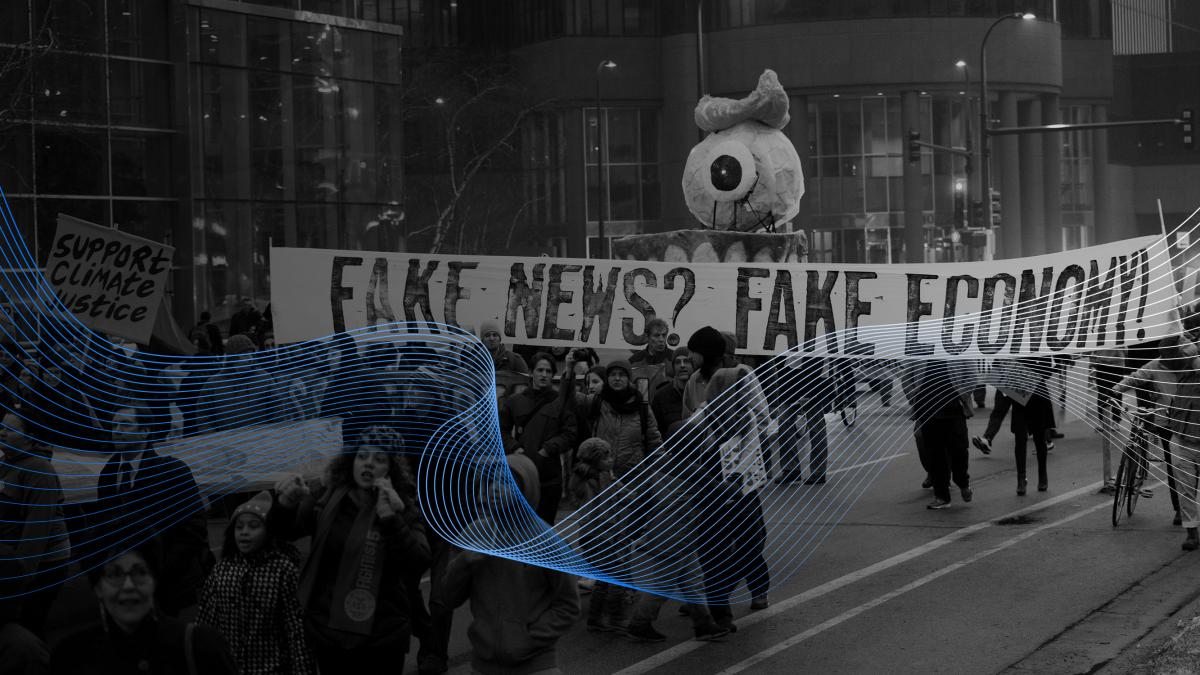At a time when the technology industry stares down a wide range of regulatory threats against its license to innovate and operate, it has in recent weeks felt a backlash from even veteran tech executives and social media pioneers. In parallel, the outcry against soaring housing prices, crippling traffic and a dearth of living wage jobs to support the high Bay Area cost of living has intensified to the point where tech company buses shuttling employees from San Francisco to Silicon Valley have had to reroute to avoid roadside attacks on their vehicles.
The political battle lines have been drawn, and if the tech industry is to protect its interests, it must begin with its perception at home, remembering that all politics is local.
The 2018 Edelman Trust Barometer California Supplement reveals an apparent paradox between trust in the tech industry and a simultaneous desire to further regulate it. Within the Bay Area, Big Tech’s hometown, technology is the most trusted industry at 62 percent, yet more than two-thirds of Bay Area residents think that the technology industry has too much freedom and needs more regulation.
According to Bay Area respondents, these regulations should include making tech companies more financially liable for data breaches (89 percent), taxing companies who move their manufacturing overseas (82 percent), taxing companies who replace workers with machines (66 percent), reducing the number of skilled workers from abroad (66 percent) and preventing tech monopolies (56 percent).There is alignment that the tech boom has been great for the region, yet only 38 percent of Bay Area residents believe the growth of tech has benefitted them personally. Sixty-three percent of the Bay Area, up four percentage points since 2017, said technology companies are making large profits while draining local resources and need to contribute more to solving local problems.
And because of the high cost of living, Edelman found that there has been an increase among millennials (58 percent) and parents (65 percent) statewide who have considered leaving California, up seven and 12 percent accordingly.
The backlash against the elite is palpable. However, there are also signs of a mandate for business to shine the path forward. Business remains the most trusted institution –and Californians are looking to business to lead the way. In fact, many see business as their only hope, as 73 percent of Californians do not have confidence that our current leaders can successfully address our country’s challenges, an increase of 11 percentage points in the last year alone.
Californians want leaders to weigh in on societal issues such as housing, gender equity and education. They believe leading California industries like technology or entertainment have an obligation to proactively address the impact their business and products have on communities and individuals.
Clear actions, grounded in well-articulated values, are a must for California companies to build trust from the inside out. Beginning with their own employees, then shifting toward the communities in which they work and into society at large, there is both expectation and opportunity for business to lead.
Stacey Zolt Hara is executive vice president and managing director, Bay Area Corporate Public Affairs.






